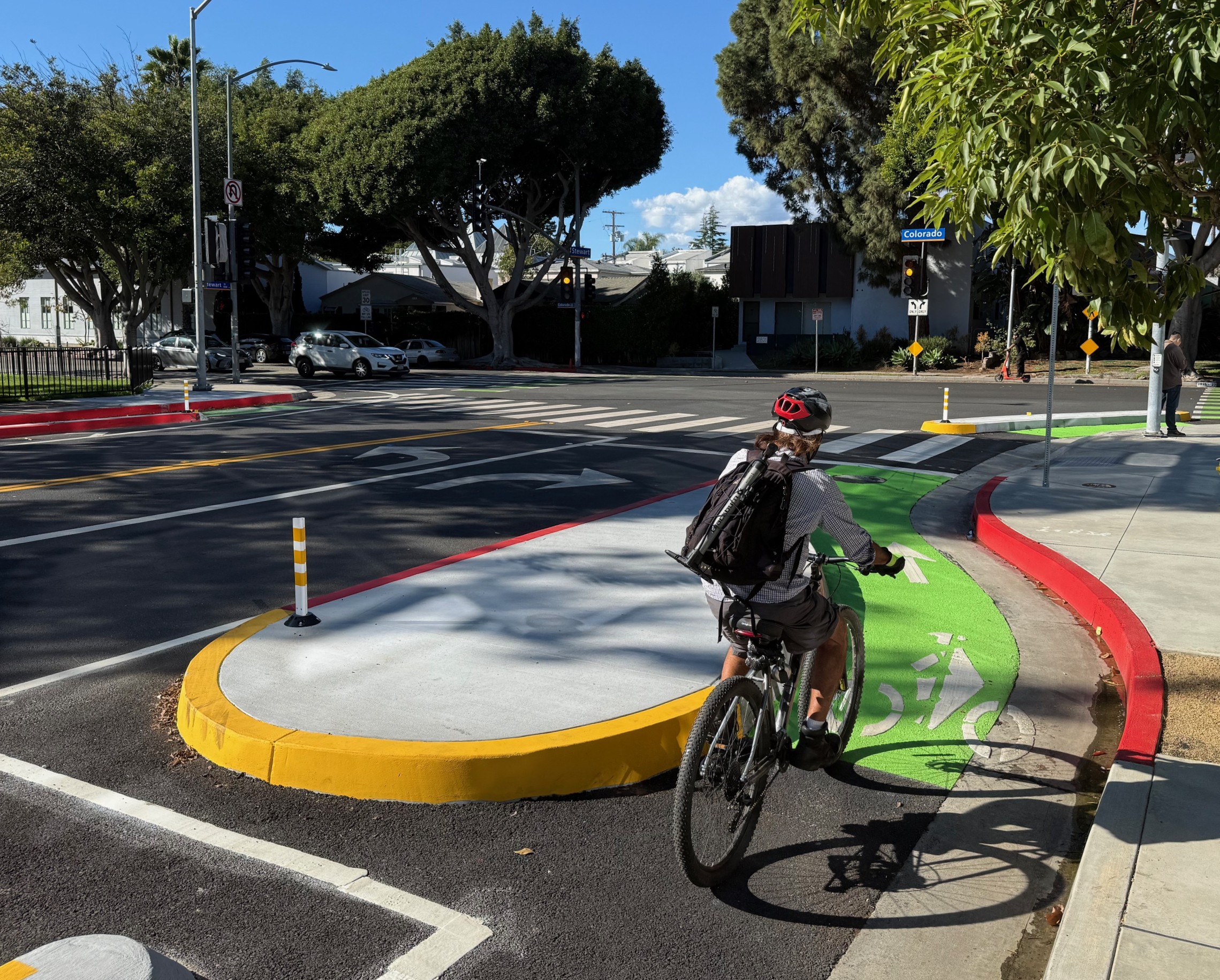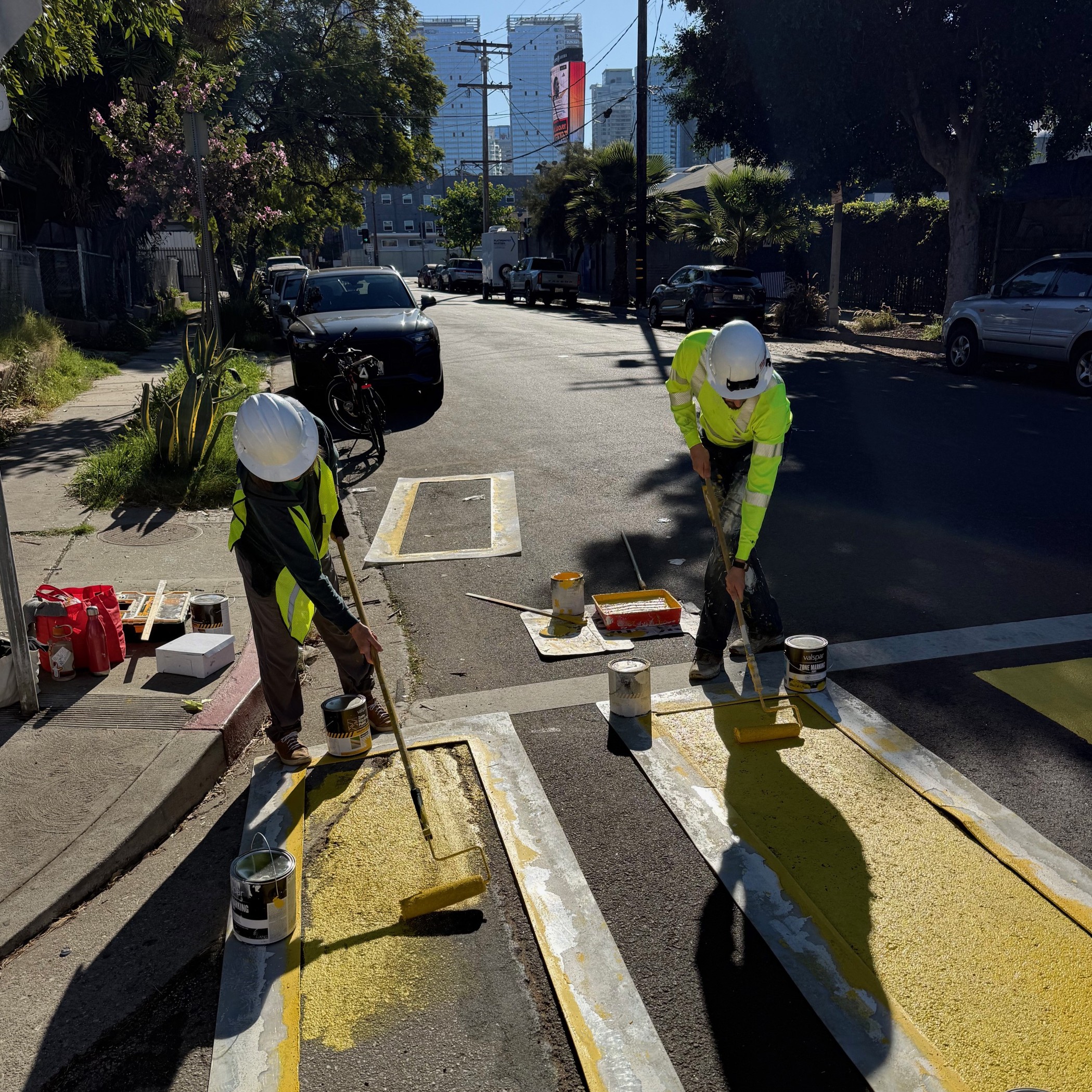Car sales are up, auto shows are packing them in, and the GM IPO was oversubscribed, but there may be no surer indicator of the auto industry’s recovery than the renewed avalanche of car ads rumbling across every medium. And there’s no better way to get a glimpse of what a born-again car culture might look like than to stay on the couch for a spell, un-mute the TV, and watch—that’s right, on purpose—a sample of 2010’s ads selling us our car-centric way of life. Here are some of the year’s most egregious attempts to get us into the dealership by conflating car ownership with American values.
Dodge Charger: “Man’s Last Stand”
Chrysler stokes the gender wars with this ad suggesting that the American male may seem to have been tamed by the boss and neutered by the wife, but all that the rebel within needs to bust out is a $38K fully loaded Dodge Charger. The road is his last refuge, the one place where he can still be a manly man. He’ll “eat fruit” at home, but he won’t be a fruit in control of the kind of growling, ferocious muscle car that had its heyday back when men last really had it good. (For a rejoinder, click here.)
Toyota Sienna: “Mommy Like”
How does a mom, stressed from commuting to work and shuttling the kids to soccer practice day in and day out, get away from it all? Why, of course, by spending more time in her vehicle! In this commercial for the Sienna minivan, Mommy steals some quality time alone—in the backseat where the kids usually get to have all the fun. The message? Auto dependence’s problems are solved not by driving less but by buying more, including a new car chock-a-block with luxury options to distract us from the aggravation and tedium of the average 18 ½ hours Americans sit in a car each week.
Lexus: "The Next Big Thing"
Billions of dollars of ads touting safety have helped convince Americans that the phrase “safe car” is no oxymoron, notwithstanding the roughly 380,000 crash deaths over the past decade. Here’s a Lexus ad that takes to a dizzying new level the myth that car technology will solve—any minute now—the problems that the car itself has created. Its suggestion that “a real driver in a real car reacting to a real situation without real consequences” is a real possibility fosters a false sense of safety among drivers that encourages dangerous risk-taking. It also deflects the push for meaningful regulation in areas such as roof crush and crash incompatibility.
Hyundai Sonata: “Turboface”
It’s nothing new for a car company to produce a commercial that encourages speeding as an expression of freedom. But this Hyundai Sonata Turbo ad, set not on expansive wilderness roads but on compact city streets, makes the laughably miniscule disclaimer — “Professional driver on a closed course. Do not attempt”—more ironic than ever.
Hyundai Sonata: “Horizontal Bungee Jumping”
Another ad from Hyundai that finds risk-taking amusing, while also playing into the notion that we can protect ourselves from all those other bad drivers out there (in this case, the crazy young ’uns on the road)--if we just buy the right car.
Subaru: “Baby Driver”
A good parent buys the right car to protect their good children from all those bad drivers out there (in this case, the crazy young ‘uns on the road whose parents failed to give them the best car or the best advice). This is just one of the latest and most pathos-laden of ads following a remarkable trend of exploiting kids to sell cars to adults and to peddle car culture to kids. Reality bites back, though: there remains nothing more deadly to teenagers than crashes, and those with their own cars are more likely to die in them than those who share their parents’ vehicles.
Toyota Highlander: "Kid Cave"
Here’s another kid-driven beaut. “Just because you’re a parent doesn’t mean you have to be lame,” needles Nathan in this SUV commercial from a campaign founded on the power of pester marketing. Toyota is no doubt relying on surveys showing that the majority of parents say their children had meaningful input into the decision to buy the last family vehicle, especially their kids around Nathan’s age: 6-8 years old.
Chevrolet: “Chevy Runs Deep”
This one just looks like a car ad. It’s really part of a political campaign to justify the bailouts and delegitimize further industry safety and other regulation. And if you are old enough to remember Reagan’s similar “Morning in America” ads, you’ll recognize stroking people’s sense of national self-worth as a tried-and-true sales technique. Combining wistful nostalgia for the country’s economic glories of the past and bright-eyed optimism for its eco-friendly techno-future, this Chevrolet ad reminds us that our past, present, and future all depend on a healthy US auto industry, even if the cost in dollars and lives seems high.
Our independent spirit makes most Americans reluctant to believe that we are susceptible to the persuasion of advertising. And while we may not be immediately swayed by any one maker’s single pitch to run out and buy a particular model, the marketing formula works, over the long run, to feed a culture based on owning and driving cars. A dollop of family love, a dash of freedom, a heap of faith in progress and America: it’s the well-tested recipe that keeps the American car buyer coming back for more.






